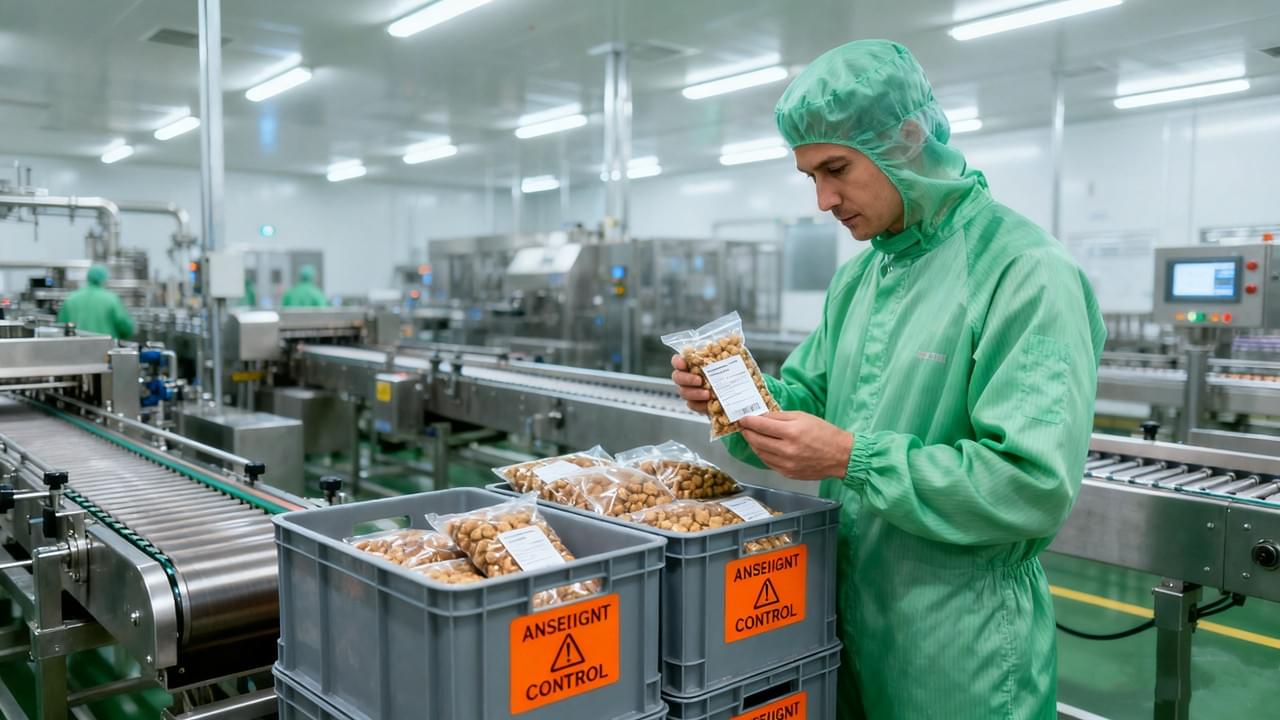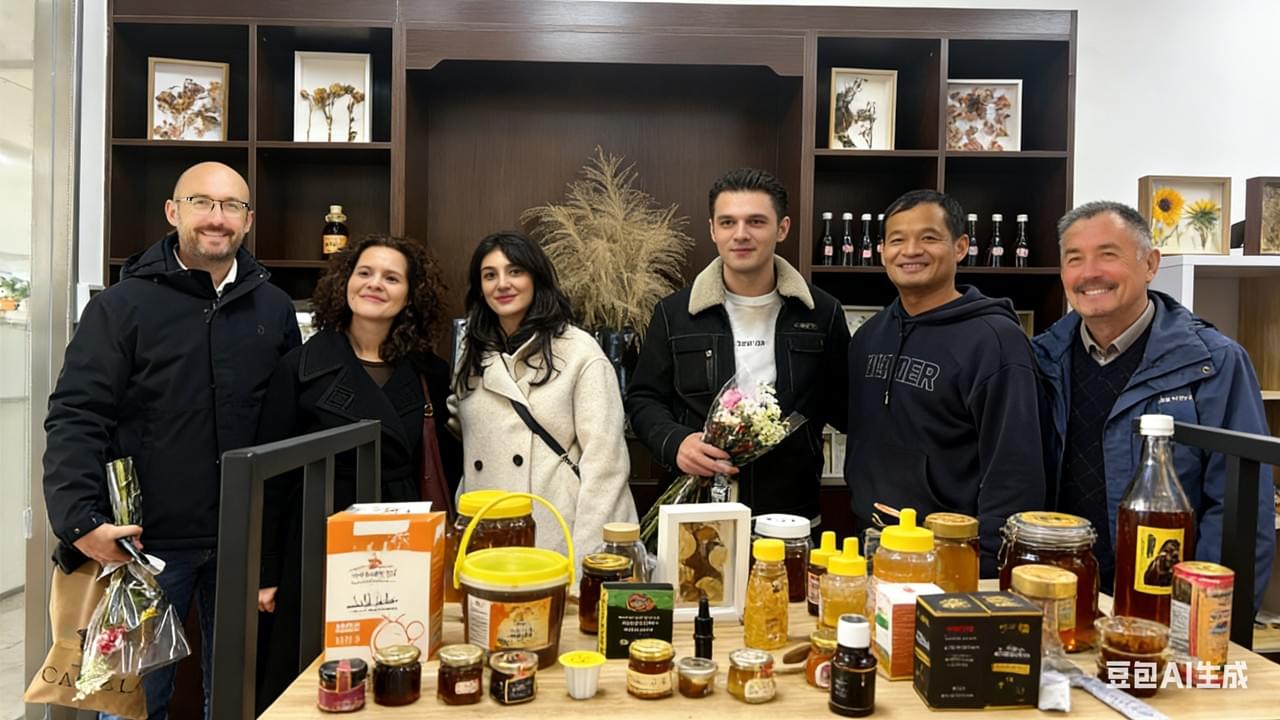Food allergies are one of the most pressing challenges in today’s food industry. Even trace amounts of allergens can lead to severe health consequences, recalls, and lasting brand damage. For manufacturers, reducing allergen risk in food production is not just about internal controls—it also relies heavily on supplier partnerships.
When suppliers follow strict allergen safety protocols, they help manufacturers safeguard consumer health, ensure compliance, and maintain trust. This article highlights why suppliers are essential in allergen control and offers actionable insights for building strong, safe partnerships.
Table of Contents
ToggleWhy Allergen Risk in Food Production Cannot Be Ignored
The demand for “free-from” and clean-label foods has made allergen safety a top priority. Common allergens like peanuts, gluten, soy, and dairy are tightly regulated worldwide. Without strict protocols, manufacturers risk:
- Consumer harm: Severe allergic reactions can be life-threatening.
- Legal penalties: Global regulations, including FSMA and ISO standards, require allergen management.
- Expensive recalls: Recalls can cost millions and erode brand reputation.
- Lost consumer trust: Transparency failures can damage long-term business growth.
To stay competitive, allergen control must extend beyond production lines to include supplier accountability.
How Suppliers Strengthen Allergen Management Protocols
Suppliers shape the foundation of allergen safety. Their practices determine whether ingredients arrive safe or at risk of cross-contamination. Suppliers can significantly reduce allergen hazards through:
- Ingredient Transparency – Providing allergen declarations, certificates of analysis, and full specifications.
- Segregated Production – Using dedicated facilities or validated cleaning to prevent cross-contact.
- Routine Audits – Demonstrating compliance with HACCP, ISO, and FSSC standards.
- Accurate Labeling – Delivering precise allergen labels for downstream packaging.
- Traceability Systems – Ensuring every batch can be tracked from farm to factory.
These steps ensure that manufacturers receive safe, compliant ingredients.
Building Strong Supplier Partnerships for Allergen Safety
Reducing risks requires manufacturers to work closely with suppliers. The best results come from proactive partnerships built on trust, communication, and accountability. Key actions include:
- Supplier Qualification: Only partner with suppliers that prove allergen management compliance.
- Allergen Mapping: Identify high-risk ingredients together and create control strategies.
- Clear Documentation: Request updated allergen declarations and processing records.
- Continuous Training: Encourage supplier teams to adopt allergen safety practices.
- Corrective Protocols: Define actions for contamination incidents, ensuring quick responses.
These measures transform supplier relationships into reliable safety networks.
Case Study: Wuhu Deli Foods’ Allergen Control
A strong example of supplier responsibility is Wuhu Deli Foods, a global producer of honey, syrups, and plant-based proteins. With over 20 years of experience, Deli Foods has embedded allergen management into every process:
- Strict segregation of allergen-related operations.
- Global certifications including ISO, HACCP, and FDA compliance.
- Comprehensive traceability from raw material sourcing to finished products.
- OEM & ODM services that allow partners to design allergen-conscious products.
By prioritizing allergen safety, Deli Foods provides peace of mind to manufacturers worldwide.
The Business Value of Supplier-Led Allergen Risk Control
Working with suppliers who prioritize allergen safety offers more than compliance benefits. It creates lasting value for manufacturers:
- Reduced recall risk and financial losses.
- Simplified compliance with international regulations.
- Operational efficiency by preventing production interruptions.
- Greater market access in regions with strict allergen laws.
- Stronger consumer trust through transparent, safe products.
In a competitive industry, suppliers who prioritize allergen control are true strategic partners.
Making Allergen Control a Shared Responsibility
Reducing allergen risk in food production requires more than in-house protocols—it depends on suppliers who uphold the same standards of safety and integrity. By building transparent, compliant, and collaborative partnerships, manufacturers can protect consumers, meet regulations, and safeguard brand trust.
For companies seeking reliable suppliers, partnering with experienced and globally certified producers like Wuhu Deli Foods ensures allergen safety is integrated into every stage of the supply chain.



